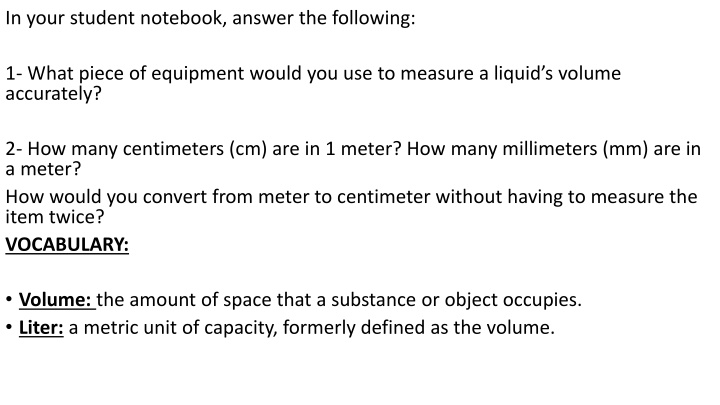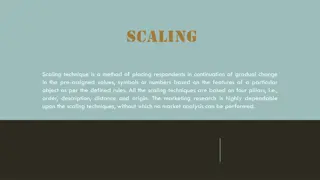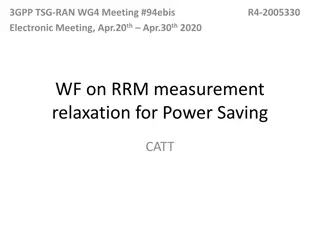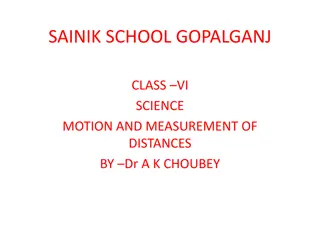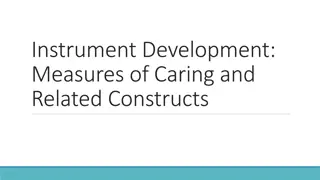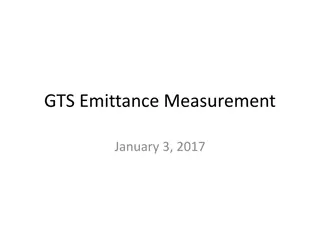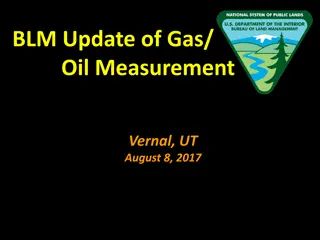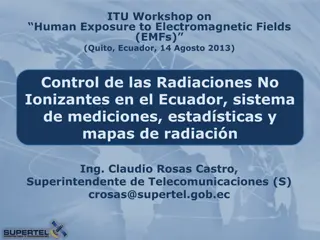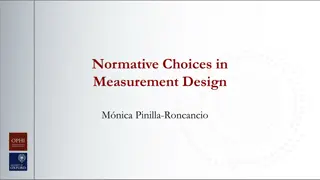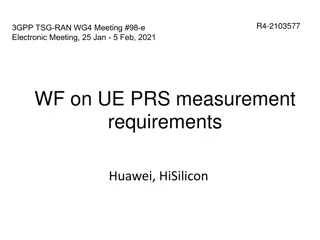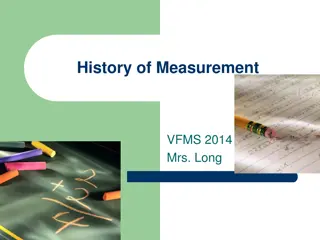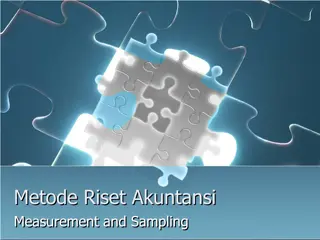Science Measurement and Vocabulary Review
This content includes questions and explanations related to measuring volume accurately, converting units, reading from a graduated cylinder, metric prefixes, base units, and examples of measuring in meters, centimeters, kilometers, grams, and liters. It also covers the importance of accurate measurements and the metric system.
Download Presentation

Please find below an Image/Link to download the presentation.
The content on the website is provided AS IS for your information and personal use only. It may not be sold, licensed, or shared on other websites without obtaining consent from the author.If you encounter any issues during the download, it is possible that the publisher has removed the file from their server.
You are allowed to download the files provided on this website for personal or commercial use, subject to the condition that they are used lawfully. All files are the property of their respective owners.
The content on the website is provided AS IS for your information and personal use only. It may not be sold, licensed, or shared on other websites without obtaining consent from the author.
E N D
Presentation Transcript
In your student notebook, answer the following: 1- What piece of equipment would you use to measure a liquid s volume accurately? 2- How many centimeters (cm) are in 1 meter? How many millimeters (mm) are in a meter? How would you convert from meter to centimeter without having to measure the item twice? VOCABULARY: Volume: the amount of space that a substance or object occupies. Liter: a metric unit of capacity, formerly defined as the volume.
Bell Work 8/31 3-Why is it important to make certain that your measurements are accurate? 4- Explain how to read from a graduated cylinder.
Bell Work 9/1 5- List the metric prefixes that stand for the following values: a- 1000 b- 100 d- .1 e- .01 6- What are the base units for each of the following: A- volume c- 10 f- .001 B- Mass C- Length VOCABULARY: Metric System: The decimal measuring system based on the meter, liter, and gram as units of length, capacity, and weight or mass. It was first proposed by astronomer Gabriel Mouton in 1670 and was standardized in France in the 1790s.
Bell Work 9/2 7) Give an example of when you would make a measurement using each of the following: a) Meters b) Centimeters c) Kilometers 8) Give an example of what you would measure in a) Grams b) Liters
